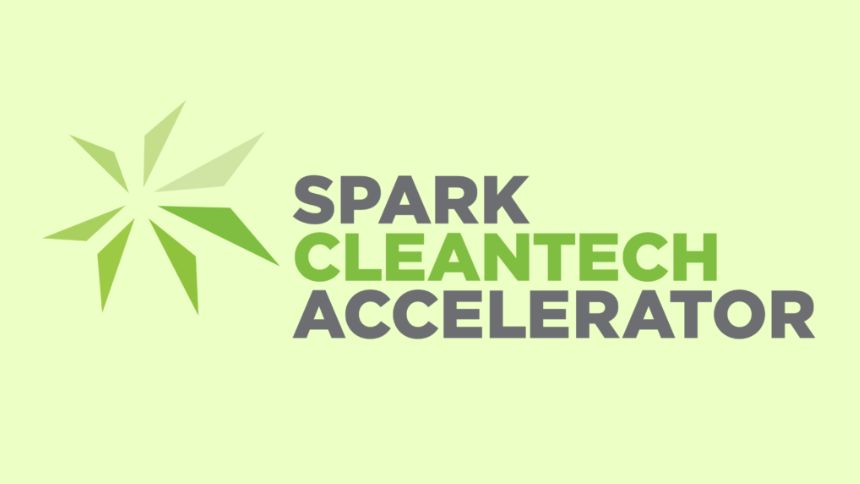
Farm waste could bring affordable and renewable power to underserved regions
That’s the vision and goal behind Farm to Flame Energy, a participant in Cohort 2 of the “Spark Cleantech Accelerator.”
Imagine how a technology developed at Syracuse University that converts farm waste to power could be used to bring affordable and renewable electricity to geographic areas of the world that lack it.
That’s the vision and goal behind Farm to Flame Energy (FTF), a start-up founded in 2018 by Will McKnight and Kwaku Jyamfi to commercialize a unique combustion process that allows several agricultural wastes to burn in a smokeless and odorless fashion. Today, that start-up that is built around a process patented by McKnight’s grandfather and uncle is a participant in Cohort 2 of the “Spark Cleantech Accelerator” operated by the University of Tennessee (UT) Research Park.
“I wanted to be a facilitator of a technology that I really believe in and can help take to market,” explains Stefano Alva, FTF’s Chief Commercial Officer and the start-up’s participant in the Spark accelerator. He joined the company one year after its founding, linking up with Jyamfi, his colleague from their days as graduate students at Carnegie Mellon University.
Through funding from the two universities and a Small Business Innovation Research award from the U.S. Environmental Protection Agency, FTF is focused on commercializing its end-to-end electricity generation systems for underserved communities, but also holds promise for other applications.
The company offers energy solutions for biomass waste producers that can transform it to energy, especially in the manufacturing sector for paper product, food processing, wood working and forestry service.
“We knew we needed to work with big companies to solve big problems,” Alva says. FTF has checked that box with a project with Georgia-Pacific to build a combustion furnace that would reduce the company’s natural gas usage.
That work is underway in Halsey, OR, and involves the use of paper waste sludge.
Noting that “Georgia Pacific saw in our technology a solution that can solve a big problem from them,” he said that FTF was first connected with Georgia-Pacific through the 1915 Studios program, a free accelerator for early stage technology start-ups that follows the model of gener8tor’s gBETA program. FTF was a participant in Cohort 2 of the 12-week program designed to help participating start-ups prototype and build their products, gain early customer traction, and establish metrics that make them more competitive applicants for full-time accelerators like Spark or seed investment.
The participants also had access to and support from Georgia-Pacific’s Neenah Technical Center.
FTF is also exploring other sectors like the food industry and helping cities transform yard waste into energy.
Alva migrated from his native Costa Rica to the U.S. when he was 18. After earning his B.A. at the University of Wisconsin along with certificates in sustainability and entrepreneurship, he moved to Carnegie Mellon where he earned an M.S. in Energy Science, Technology and Policy. Alva joined FTF soon after graduating.
Like what you've read?
Forward to a friend!

